Table of Contents
Gandhiji Philosophy of Aims of Education:
Gandhiji’s concept of education has twofold aims before it- Immediate and Ultimate.
Immediate Aims of Education:
Certain immediate aims of Gandhiji’s concept of education are concerned with our day-to-day life. Immediate aims of education according to Gandhiji are as under-
(1) Bread and Butter Aim (Vocational Aim)- Gandhiji believes that in a poor country like India where earning of bread is the main problem, educations must aim at enabling every individual to earn his livelihood. It must enable him to stand on one’s own feet. In the words of Gandhiji, “Education ought to be for them (children) a kind of insurance against unemployment”.
(2) Cultural Aim- Gandhiji could never admit vocation as the end of life. Therefore, he also paid attention to culture. In the words of Gandhiji, “I attach more importance to cultural factor of education than its literary factor. Culture is a primary and basic thing which the girls should receive from school”.
From this point of view, Gandhiji regarded the cultural aim of education as an important aim. The cultural aim lays emphasis on obtaining knowledge of Indian culture- the culture that is reflected in our dress, our manner of speech, our way of conduct and our behaviour. Education, with the cultural aim, will liberate the soul from pride, prejudice and encumbrances and enable man to see things in their true perspective.
(3) Character Aim- Gandhiji regarded character formation as the suitable foundation of education. Hence the end of all knowledge must be building up of character. He regarded the character as the expression of the whole personality including its ethical and spiritual aspect. Character building implies the cultivation of such moral virtues as courage, strength of conviction, righteousness, purity in personal life, self-restraint and service of humanity. According to Gandhiji, education without character and character devoid of purity would be no good.
(4) Perfect Development Aim- The child’s all-around and perfect development aim is the sole aim. An all-around development means the development of the head, heart and hand-nothing less, nothing more. “Man is neither mere intellect, nor the gross animal body, nor heart or soul alone. A proper and harmonious contribution of all the three is required for the making of the whole man and s the true economics of education”. Gandhiji states, “True education is that which draws out and stimulates the spiritual, intellectual and physical faculties of the children”.
Ultimate Aim of Education:
Self-realization or Summum Bonum is the ultimate aim of life as well as education. Spiritual freedom provides knowledge of God and self-realization. Hence education should provide spiritual freedom. According to Gandhiji, “development of the moral character, development of the whole- all were directed towards the realization of the ultimate reality- the merger of the finite being into the infinite.
Harmonious Blending of Individual and Social Aim:
Gandhiji advocated both individual and social aims of education at different times. He did not find any conflict between the two. In fact, he believed in the synthesis of the two. He thought that if individuals are good, the whole society shall be good. According to him, if we succeed in building the character of the individual, society will take care of itself. On the other hand, he also said that the state or the society should also be good and try to save the individuals. He always loved individual freedom but he regarded individuals as social creatures. He thought that the development of personality is impossible in loneliness. In the words of Mahatma Gandhi, “A nation cannot advance without the units of which it is composed and conversely, an individual cannot advance without the nation of which he is a part”.
Gandhi’s ideal of self-realization combines both the development of individuality as well as the society. No person can be said to have achieved self-realization unless he is fully conscious of the social needs and tries to fulfil them.
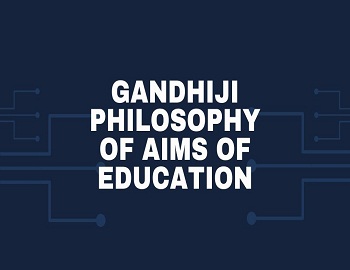


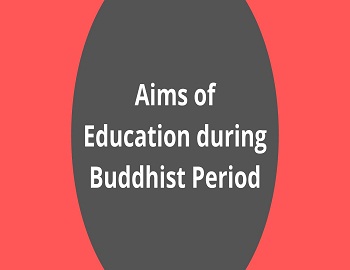
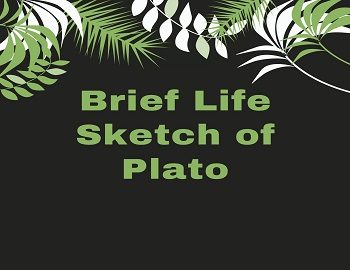
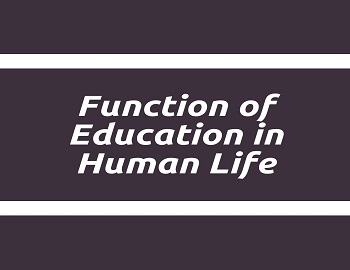
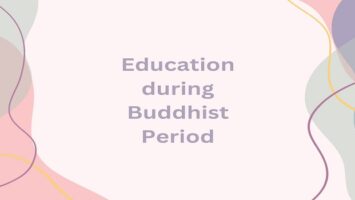

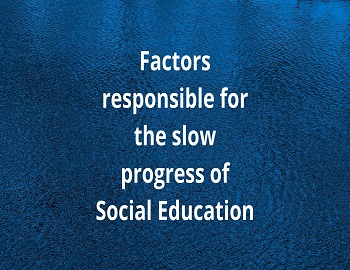
Comments (No)